Law school "denaming" sparks donor debacle
Confessions of a Community College Dean
MARCH 1, 2023
In 1864, Williams’s company took out a newspaper ad offering a reward for the return of two escaped slaves to a Danville farm and plant that he owned; at the time, its chief function was to manufacture supplies for the Confederate Army. He acknowledged that a $3.4 Taking that ideological bent is not what these cases should be about.”

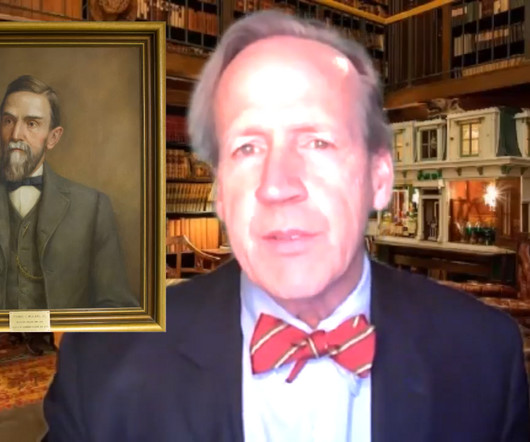
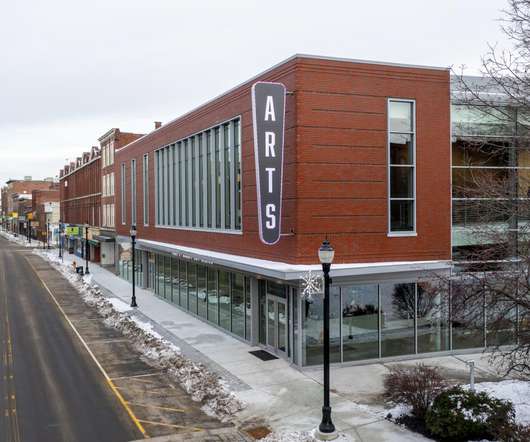
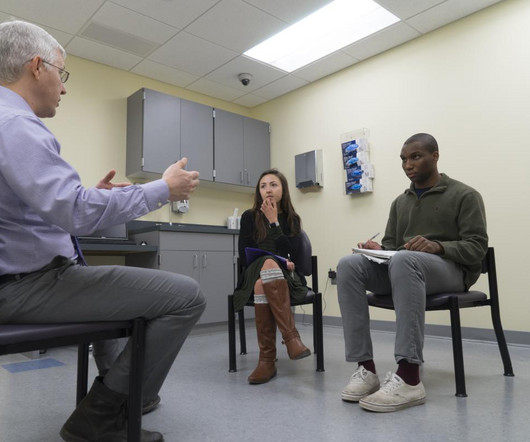
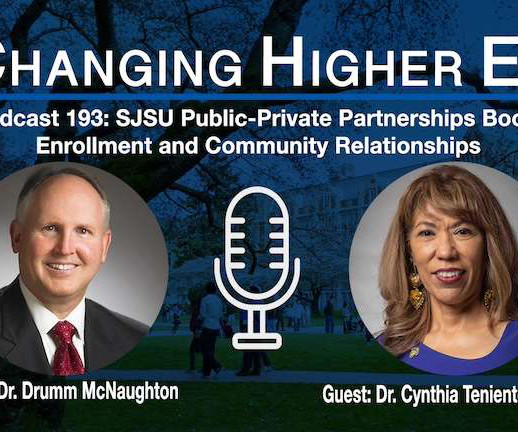
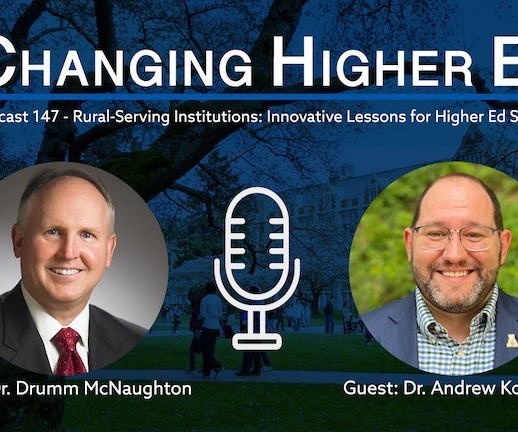






Let's personalize your content